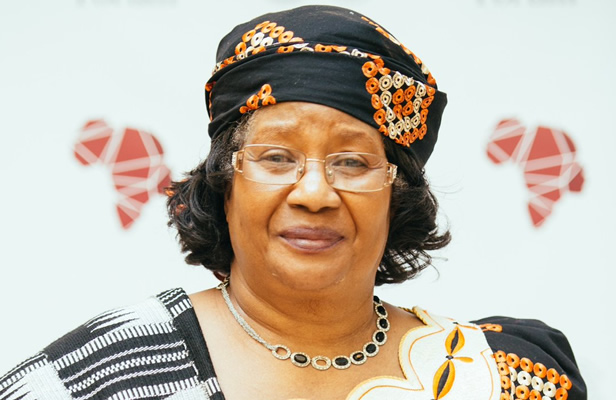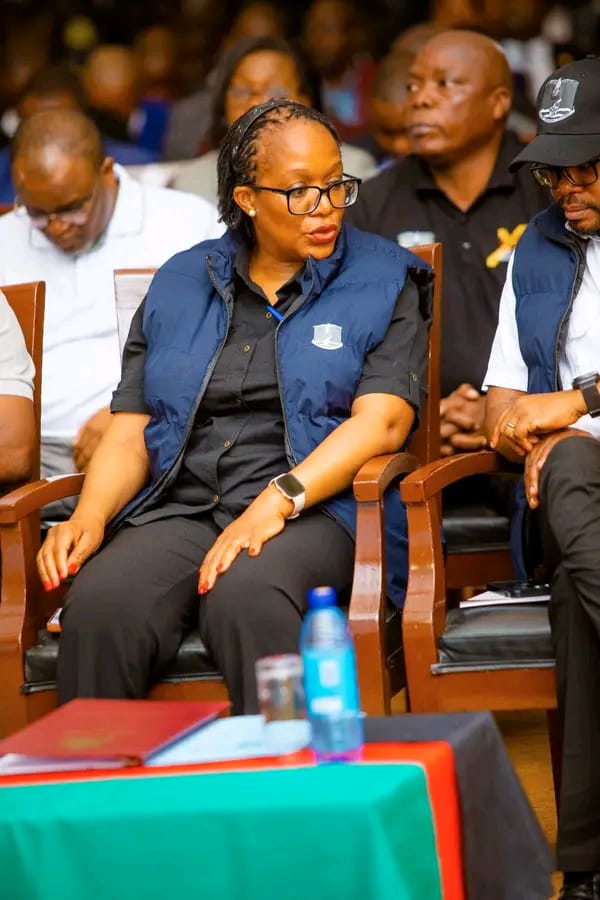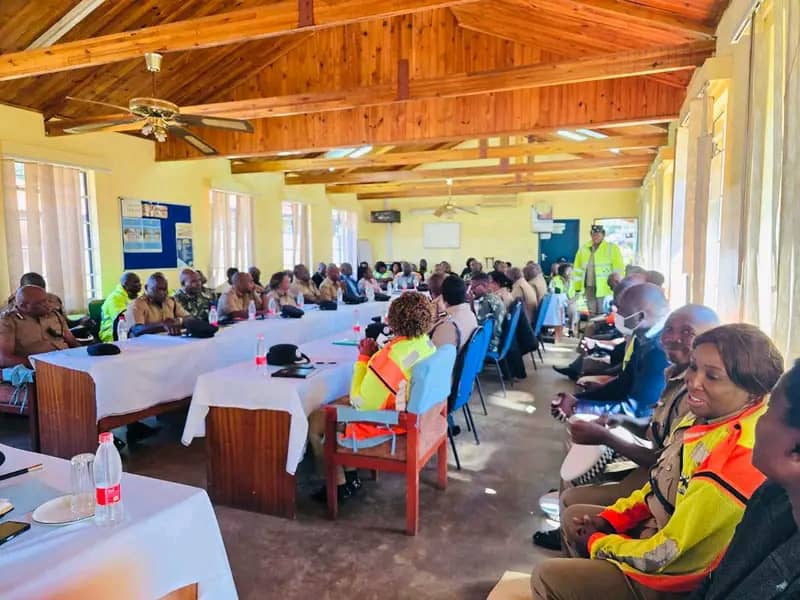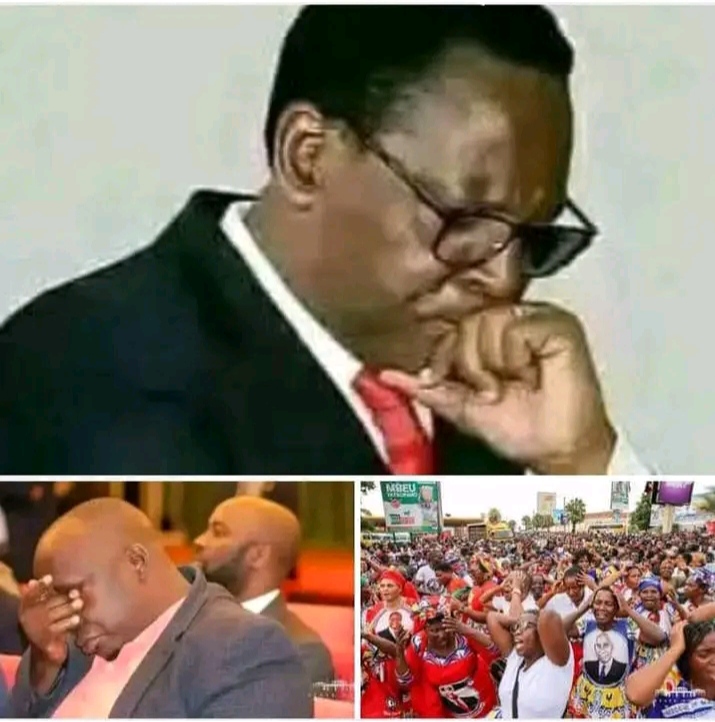By Burnett Munthali
The issues raised by former President Joyce Banda regarding the failures of the Malawi Electoral Commission (MEC) and the National Registration Bureau (NRB) are not just political grievances but constitutional concerns that strike at the heart of Malawi’s democracy. Banda’s warning of potential civil unrest stemming from these failures should not be dismissed lightly.
The High Court’s directive for NRB to register eligible voters at every station underscores the constitutional right of every Malawian to vote. The ongoing reports of NRB staff failing to register new voters and leaving early, as highlighted in districts such as Zomba, Neno, and Phalombe, reveal a systematic disregard for this directive. This situation not only undermines the integrity of the electoral process but also disenfranchises Malawians, particularly those in rural areas who already face logistical barriers to voter registration.
The allegations against MEC Chair Judge Annabel Mtalimanja and Chief Elections Officer Andrew Mpesi being linked to the ruling Malawi Congress Party (MCP) add another layer of complexity. Perceptions of partisan bias erode public confidence in the electoral process. Historical parallels, such as the 2019 election debacle under Justice Jane Ansah, remind us that such controversies can lead to widespread protests and judicial interventions.
If MEC and NRB fail to address these concerns transparently, they risk further alienating opposition parties and the general populace. This alienation is already evident in the planned demonstrations and vigils, which signal a brewing political crisis.
By failing to implement the court ruling on voter registration, Judge Mtalimanja risks being seen as defying the judiciary’s authority—a dangerous precedent for a democracy that relies on the rule of law. Moreover, the NRB’s inability to adapt to its mandate reflects a broader inefficiency that undermines the electoral process. This chaos creates an environment ripe for conflict, as disenfranchised voters may resort to violence to express their frustrations, as Banda warned.
President Lazarus Chakwera’s perceived indecisiveness in addressing these issues only exacerbates the problem. As the head of state, his responsibility is to ensure that institutions like MEC and NRB operate in a manner that upholds constitutional values. His silence on these issues could be interpreted as complicity or indifference, which would have long-term political repercussions.
The solutions to this crisis are both straightforward and urgent:
Firstly, NRB must immediately deploy staff to all registration centers and register new voters without discrimination.
Secondly, MEC leadership, particularly Judge Mtalimanja and Andrew Mpesi, must address public concerns about partisan bias. If their positions compromise the credibility of the elections, they should step aside.
Thirdly, long-term reforms are needed to ensure that electoral and registration bodies operate independently and efficiently, free from political interference.
The chaos surrounding voter registration is a test of Malawi’s democratic maturity. As Joyce Banda rightly pointed out, elections belong to the people, not political parties. MEC and NRB must remember that their mandate is to serve Malawians, not partisan interests. Failure to heed this reminder risks not only the legitimacy of the 2025 elections but also the stability of the nation.




